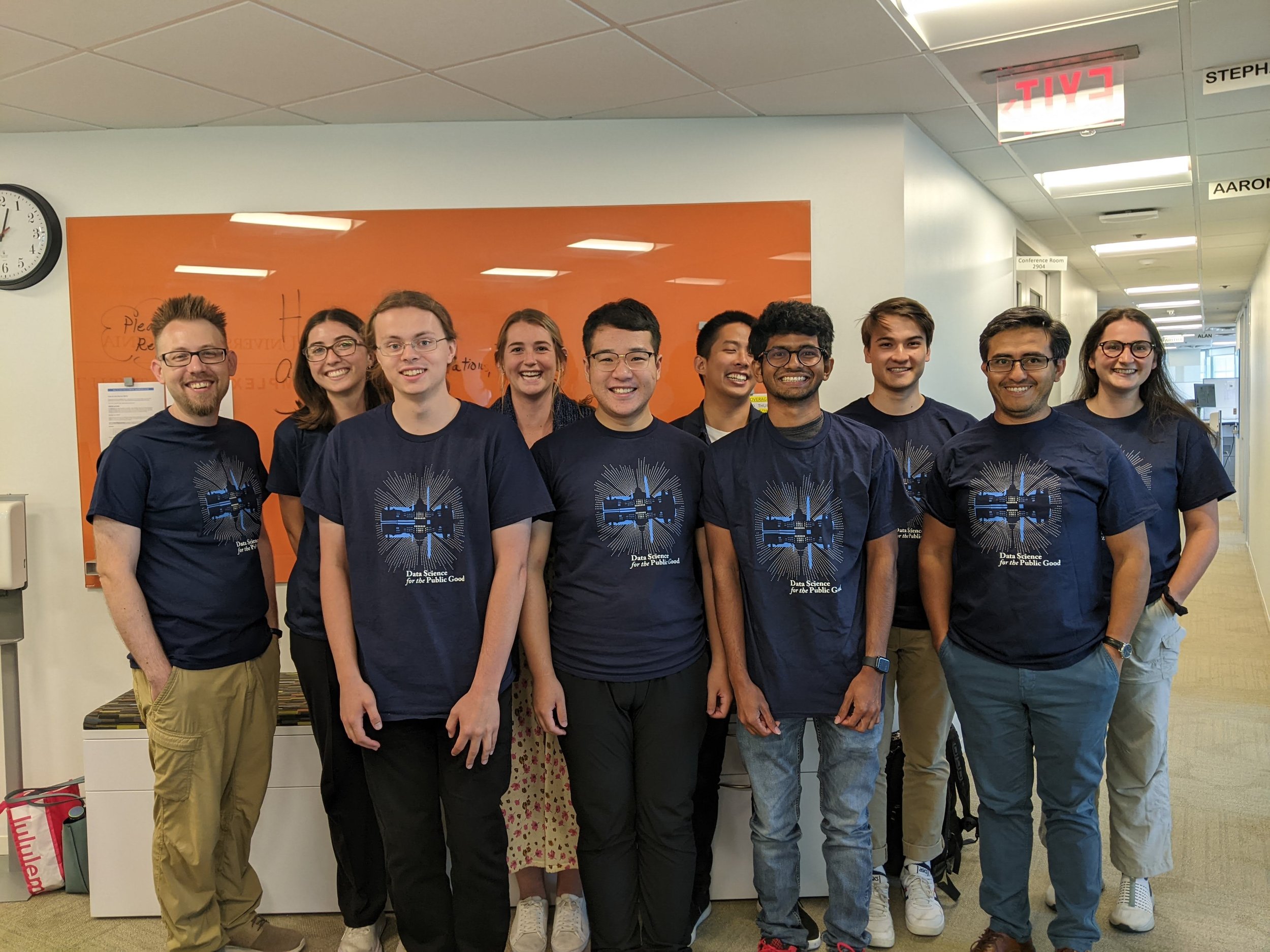Resources for Online Interviewers
Suggestions and resources to help you collect data with online interviews.
Generating Data with Autoethnography
What is autoethnography? How do researchers study their own experiences? See this post for definitions and open-access articles that explore this qualitative method for collecting data.
Teach Methods for Qualitative Data Collection
Looking for instructional materials you can use or adapt? These open-access and library resources can be used to learn new qualitative research skills, or to share with students.
Methods in Action: The Ethics of Studying Online Comments
What ethical issues face researchers who study online comments? Paul J. Reilly offers explanations and an open-access research case.
Participant Observation
Learn about participant observation and read open-access articles that explore this approach to collecting data online or in the field.
Conducting Focus Groups
Focus groups allow us to hear and learn from what participants say to each other. We can conduct focus groups in-person, or online. In this post, find a collection of open-access articles about focus group methods for collecting data.
Teach Quantitative Data Collection
Looking for instructional materials you can use or adapt? Here are materials for teaching quantitative data collection.
The importance of critical appraisal
Critical appraisal of research papers is a component of everyday academic life, whether as a student as part of an assignment, as a researcher as part of a literature review or as a teacher preparing a lecture. Learn more from this post.
Analyzing Published Literature Across Paradigms
Missed the Methodspace webinar “Analyzing Published Literature Across Paradigms and Disciplines”? View it here and find related resources.
Collecting Qualitative and Quantitative Data
Researchers who use mixed methods collect both qualitative and quantitative data. In this collection of open-access you will find articles that show how researchers collect two or more types of data.
Conducting Mixed Methods Research
Researchers who want to collect both qualitative and quantitative data with mixed methods will find this conversation of interest. Drs. Linda Bloomberg and Merle Werbeloff walk through the process of designing and conducting mixed methods studies.
Interviewing Participants about Sensitive Topics
Interviewing participants in difficult or emotional situations? Learn from Bethany Morgan Brett and Katy Wheeler.
Three Benefits of a Literature Review
Bondy Valdovinos Kaye, co-researcher for “The impact of algorithmically driven recommendation systems on music consumption and production - a literature review,” offers insights about the literature review process.
Literature Review or State of the Science Review?
What is the difference between a literature review and a state of the science review? See an article by Dr. Joan Dodgson.
Recruiting Hard-to-Reach or Vulnerable Participants
Protection of vulnerable populations, or those who are vulnerable in particular situations, needs to begin with the first stage of the process: recruitment of participants.
Respondent Driven Sampling
Respondent-driven sampling (RDS) is a method for drawing probability samples of "hidden," or alternatively, hard-to-reach, populations. Find a description and examples.
Sampling: An Overview
In this post define basic terms associated with sampling for those new to research; in future posts we will go into more detail about the process of developing a sampling strategy, and the various approaches that can be used.
Collecting Data with Apps
Researchers can pose questions, suggest prompts, and use tracking or location data on mobile devices. Because people carry smartphones with them, researchers are able to get an on-the-spot, in-the-moment type of response that would otherwise be difficult. Find an overview and a collection of open-access articles about diary methods using smartphone apps.
Netnography Explained
Hear Dr. Kozinets discuss the origins and development of Netnography in this interview. See the whole series of posts from Kozinets about collecting data for studies using netnography.
Data Science for Public Good
In this Methodspace interview Dr. Joel Thurston and Dr. Cesar Montalvo tell us about how data science can be used for social good, and how their program for young scholars is cultivating a next generation of data scientists.




















